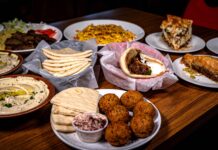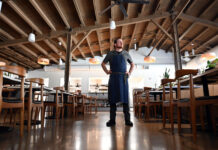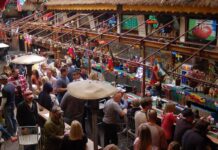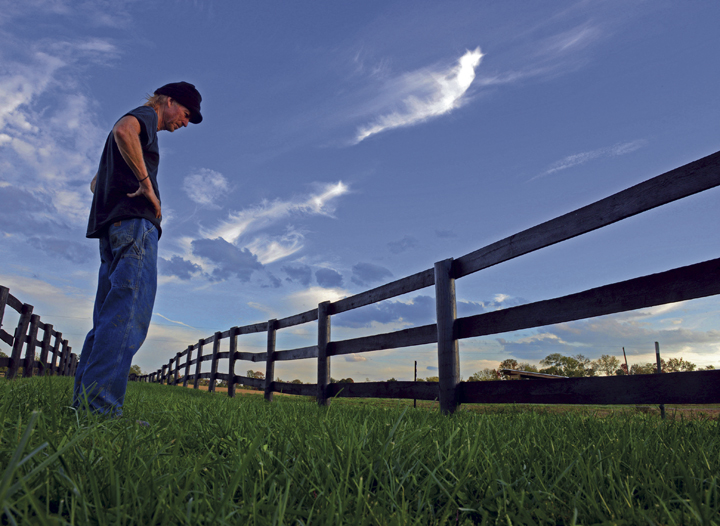Back in May, my seminar was underway, or at least is was about to be.
- Edibles & Potables: “The Way We Eat Now,” by Bee Wilson
- Edibles & Potables: Add this book (“Animal, Vegetable, Junk”) by Mark Bittman to the summer reading list
You might recall that I stumbled into 2021 with a solitary resolution, this being to navigate January without consuming red meat or fowl. Dairy and fish remained on the table. The vague objective was to steer toward a Mediterranean-style regimen, with vegetables appearing in greater quantities and meat, while permitted here and there, slated for consumption more rarely than before.
Edibles & Potables: Mediterranean tastes great; just leave “diet” out of it
In the end, one month turned into four, and nine months later, my “diet” that isn’t — I prefer to characterize it as a lifestyle change — has gone off without a hitch. I’ve eaten maybe a half-dozen fledged portions of red meat and fowl all year, added more easy meat-free dishes to the home cooking repertoire, and dropped 30 pounds.
Verily, there’s plenty to eat without meat. Speaking personally, I’ve come to believe that an overall reduction of meat consumption by humans would be better for the planet, but this isn’t my prime motivation for going 95%/5% veggie-heavy flexitarian. It’s largely an evolving consciousness pertaining to animal rights; something akin to ethical concerns, although I don’t pretend to have it completely doped out just yet. Overall, I feel better.
But you can eat as you please, and I’ve no interest whatever in proselytizing about my culinary choices (beer’s another story entirely, and will remain).
I’ll merely note that taking a more active interest in my eating habits has led me down various studious rabbit holes, as with today’s proposed regimen for reading. It’s a thought-provoking six-part overview of future food” written by Jon Fasman at The Economist magazine’s “Technology Quarterly.”
Can the whole first-world food system be changed? This report will survey an array of technologies being touted as ways of transforming the world’s food-production system not by doing old forms of agriculture in a less cruel and more sustainable way, but by doing things that have never been done before.
Following is a complete list of the links. The Economist has a paywall (I’m a longtime subscriber), but you may be able to view these articles to some degree, and the titles alone serve as an outline for further exploration.
- The new Anthropocene diet: Technology can help deliver cleaner, greener delicious food
- Mooving on: Cows are no longer essential for meat and milk
- Cell-side markets: Meat no longer requires animal slaughter
- Culture club: Microbes are being used more and more to make delicious food
- Green castles in the sky: Vertical farms are growing more and more vegetables in urban areas
- Features and bugs: Feeding 9bn people will mean reimagining the edible world























